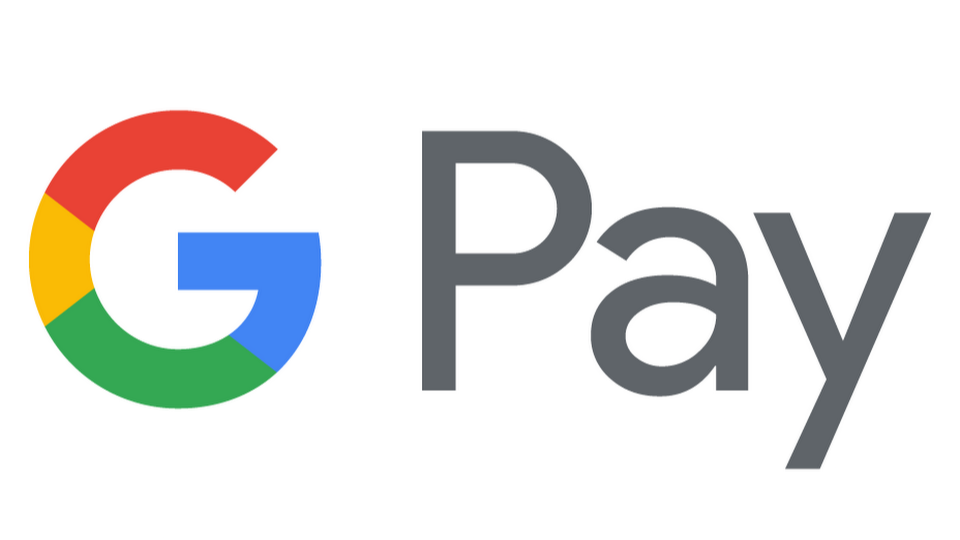Buy Now, Pay Later (BNPL) provider Zip has partnered with Google Pay to enable merchants in the US who accept Google Pay online to integrate its Zip Pay-In-4 service.
The partnership follows research by Zip which it said highlighted the growing relevance of BNPL services in consumer spending. According to the study, which surveyed around 3,000 people, approximately 41 per cent of Americans report that BNPL options have enabled them to manage holiday expenses more effectively.
While the method has become more popular during the cost-of-living crisis, Citizens Advice recently warned that many consumers using the service who are often already facing tough financial situations are at risk of being exposed to unmanageable levels of debt and even bailiff action, largely because unlike other credit options BNPL lending generally doesn’t require affordability checks.
“Consumers are increasingly seeking flexibility at checkout, while merchants are looking for innovative ways to boost sales and enhance customer loyalty,” said Zip co-founder and US chief executive Larry Diamond. “With Zip available in the Google Pay checkout experience, we are bridging a gap and providing a flexible credit product for the many consumers overlooked by traditional credit products.”
During a pilot phase rolling out in January 2024, when shoppers tap the Google Pay online checkout button on select merchant's Android apps, they will see a promotional banner within Google's home screen letting them know that the Zip BNPL option is available.
“We are always looking for ways to give people a more helpful checkout experience when shopping on Google,” commented Drew Olson, senior director at Google Pay. “By teaming up with BNPL providers like Zip, we are able to give Google Pay users another payment option when checking out, while providing merchants with another tool to drive their growth.”
Latest News
-
Gemini to cut quarter of workforce and exit UK, EU and Australia as crypto slump forces retrenchment
-
Bank ABC’s mobile-only ila bank migrates to core banking platform
-
Visa launches platform to accelerate small business growth in US
-
NatWest to expand Accelerator programme to 50,000 members in 2026
-
BBVA joins European stablecoin coalition
-
eToro partners with Amundi to launch equity portfolio with exposure to ‘megatrends’
Creating value together: Strategic partnerships in the age of GCCs
As Global Capability Centres reshape the financial services landscape, one question stands out: how do leading banks balance in-house innovation with strategic partnerships to drive real transformation?
Data trust in the AI era: Building customer confidence through responsible banking
In the second episode of FStech’s three-part video podcast series sponsored by HCLTech, Sudip Lahiri, Executive Vice President & Head of Financial Services for Europe & UKI at HCLTech examines the critical relationship between data trust, transparency, and responsible AI implementation in financial services.
Banking's GenAI evolution: Beyond the hype, building the future
In the first episode of a three-part video podcast series sponsored by HCLTech, Sudip Lahiri, Executive Vice President & Head of Financial Services for Europe & UKI at HCLTech explores how financial institutions can navigate the transformative potential of Generative AI while building lasting foundations for innovation.
Beyond compliance: Building unshakeable operational resilience in financial services
In today's rapidly evolving financial landscape, operational resilience has become a critical focus for institutions worldwide. As regulatory requirements grow more complex and cyber threats, particularly ransomware, become increasingly sophisticated, financial services providers must adapt and strengthen their defences. The intersection of compliance, technology, and security presents both challenges and opportunities.
© 2019 Perspective Publishing Privacy & Cookies













Recent Stories